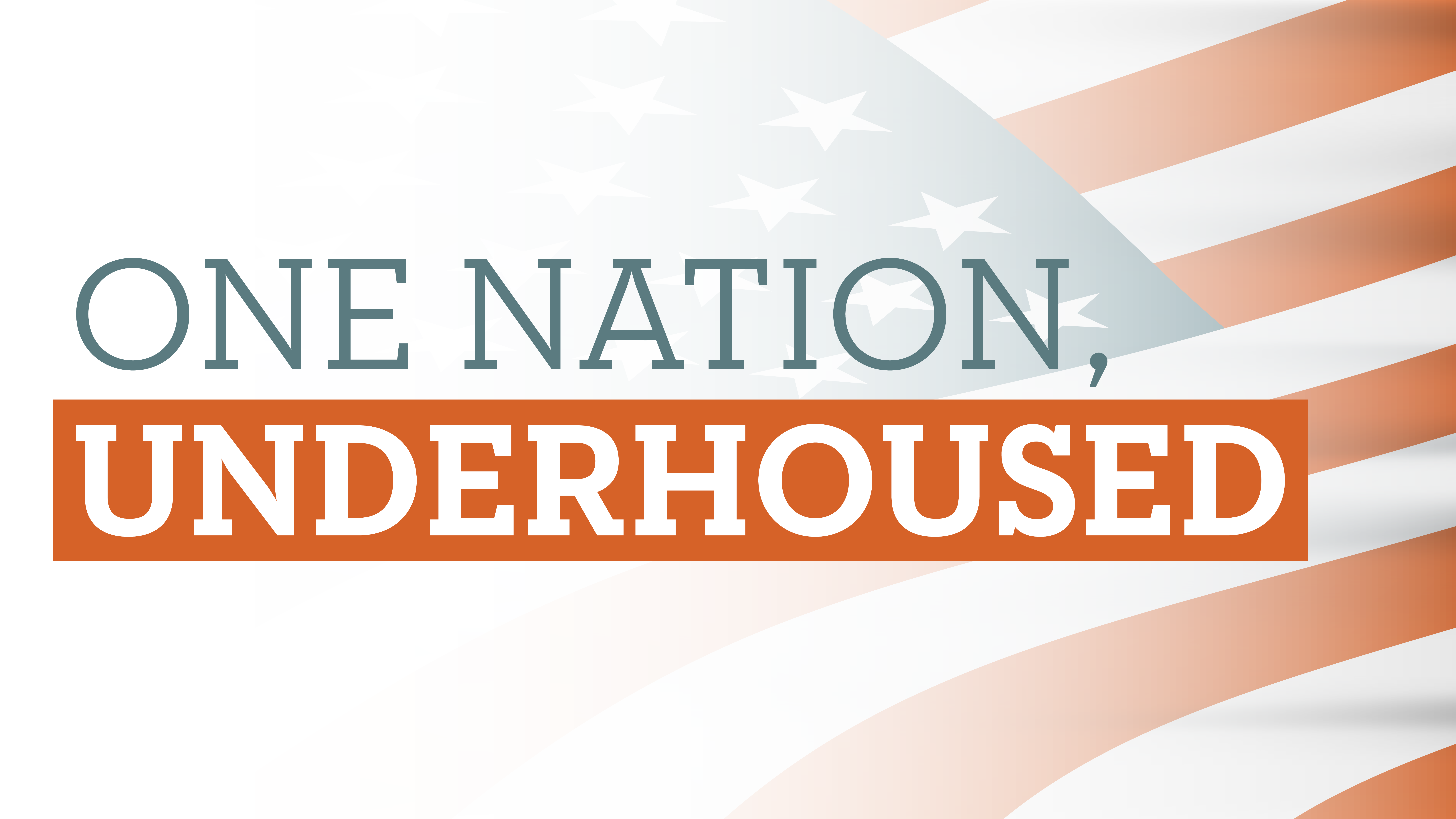
Social housing sounds good in theory; however, politicians are now promoting the model for their own political advantage even though it has not worked well in our country.
There has been a lot of discussion recently about “social housing”—government or nonprofit owned and managed housing stock readily available to those of modest means. The model makes sense, in theory: if the private market cannot produce enough affordable housing, and the entire nation benefits greatly from having all of our citizens safely housed, then building affordable housing units is a worthy societal investment.

Lately, a new generation of politicians—including New York mayoral candidate Mamdani and Representative Ocasio-Cortez, among others—have identified social housing as “the answer” to our current housing affordability crisis. In their effort to make social housing sound like a fresh idea, they fail to mention some important facts:
1. We have had social housing in the United States since the 1930’s in the public housing program.
2. Over time, the public housing program struggled mightily to be sustainable for the long term because the original program design, and the social housing model generally, is incompatible with political, financial and institutional realities in the United States.
3. Because it was resource starved and highly regulated, public housing became viewed as a detriment to communities and their residents. It has only been resurrected through the adoption of more market-based practices and public-private financing partnerships.
“Lately, a new generation of politicians—including New York mayoral candidate Mamdani and Representative Ocasio-Cortez, among others—have identified social housing as “the answer” to our current housing affordability crisis. In their effort to make social housing sound like a fresh idea, they fail to mention some important facts.”
-Sharon Wilson Géno
Regardless, the new advocates for social housing contend that examples of models in other countries such as England, Australia and the Netherlands, could be replicated successfully here. In other social housing programs, the housing is largely owned and operated by non-profit providers that receive government assistance and/or are able to operate the property to make it financially self-sustaining without profit as a motivation. This concept is misplaced as people on all parts of the political spectrum agree—a lack of sufficient housing supply is the underlying cause of our current housing affordability struggle. Given that, we need significant resources directed to housing creation.
Even in other countries where social housing is more consistent with their economic systems, the model is criticized for its lack of resources and fairness as well as for problems with long term, successful management. A number of those countries, including Sweden and England, have turned to more quasi-private sector models in order to ensure financial sustainability, much like we have in the U.S. public housing program.
We now have almost ninety years of experience with social housing in this country and have learned much about why it has struggled:
1. Unwillingness to Provide Sufficient Funding
Despite a clear written contract with local public housing authorities, the federal government through Congress has repeatedly grossly underfunded the public housing program in annual appropriations. Over the years, different political views have left the program subject to the immediate whims of politicians instead of providing a predictable and steady stream of funds necessary to effectively operate real estate. Arguably, making housing spending mandatory, like Medicare/Medicaid and food stamps, could help solve or this, however, that is not currently a political possibility.
2. Overly Restrictive Regulatory Structure
The investment of public resources into the public housing program came with a regulatory regime that made it difficult to adapt to the realities of the real estate market and added costs to already thinly capitalized public housing authorities. Over time, the regulatory overlay got worse and worse as politicians passed laws imposing an ever-changing set of new regulations, largely for their own political gain. This has made it difficult to operate cost-effectively and adapt to market changes.
3. Capitalistic Economy
Unlike other countries that have attempted social housing, largely those with more socialistic forms of government, our economy is much more free market based. Our systems, including our real estate market, are based on profit/incentive models and not on distributive economics. As a result, launching a new social housing model is tantamount to putting a “square peg in a round hole”. Traditional social housing simply does not work in our current economic systems.
4. Multiple Layers of Government
Other countries that tend to have more socialistic systems also have more centralized government institutions that allow for more consistent impact of government actions. Under our Constitution, not only do the states largely have control over real estate, but various state constitutions delegate powers to local governments differently. While other countries have more centralized governance at the federal and regional levels, ours is more diffuse, making it more difficult to operate a unified housing program effectively in multiple markets.
I worked in the public housing program for more than 25 years and, like many housers, believe in the ideal that our nation needs to find a way to make housing opportunities plentiful and available for all. Sadly, we now have significant evidence to show that social housing does not serve people and communities well in its purest form in the United States. Despite our history, an increasing number of politicians have seized on the anxiety of their constituents at the lack of affordable housing options and, instead of using the facts and evidence, are trying to convince voters that social housing is the simple answer. Instead of being honest with their constituents about the challenge of resolving our current housing affordability situation, they choose instead to offer unrealistic proposals that are already proven to be ineffective in order to leverage votes. In fact, overall housing affordability is not a function of whether more housing is government owned, non-profit owned or owned by private, for-profit owners, We just need more of all of it.
There is no “silver bullet.” Solving the housing crisis will be hard, complicated and will take many years and A LOT of money. Housing that is solely government funded or non-profit funded simply cannot consistently leverage the resources to ensure housing stability for people of modest means. Private capital and private market discipline, through public-private partnerships, have already proven effective in revitalizing the U.S. public housing program, as well as social housing programs in other countries. Yes, these take time and money too, but it works. More incentives and less regulatory overlays will make it work even better.
Coming into election season, voters will hopefully see through these blatant attempts to use housing as a wedge issue. Instead, voters should seek out candidates who are honest about the problem, ready to roll up their sleeves and do the long, hard work of implementing housing policies that are both compatible with our political, economic and social systems, as well as effective in building more housing that is accessible and affordable to all Americans.
Based in Washington, D.C., the National Multifamily Housing Council (NMHC) is where rental housers and suppliers come together to help meet America’s housing needs by creating inclusive and resilient communities where people build their lives. We bring together the owners, managers, developers and suppliers who provide rental homes for 40 million Americans from every walk of life—including seniors, teachers, firefighters, healthcare workers, families with children and many others. NMHC provides a forum for leadership and advocacy that promotes thriving rental housing communities for all. For more information, contact NMHC at (202) 974-2300, email the Council, or visit NMHC's website at nmhc.org.





